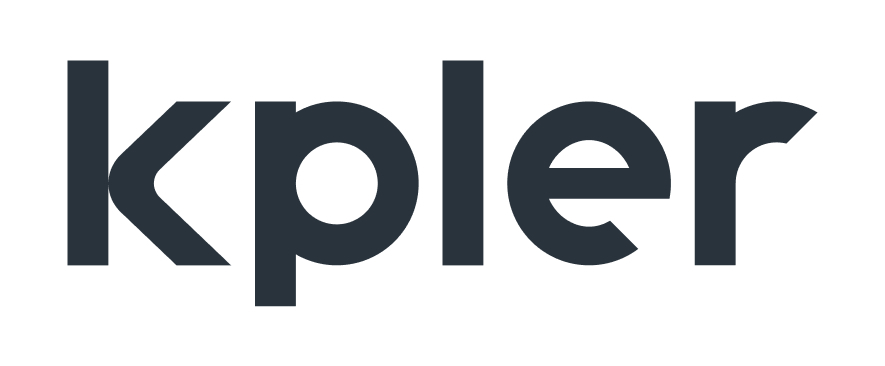Join us in London this December
Sanctions and Export Control Compliance at the Cusp of Change
Scheduled to take place shortly after the US presidential election, the WorldECR Forum events in London and Washington DC are timed to bring together senior figures and key thinkers in trade control law, policy and practice at a critical juncture in national security and international trade.
This year’s London Forum will be held at the offices of Hogan Lovells: Atlantic House, Holborn Viaduct. The focus of the Forum will be on developments in US, EU and UK sanctions, export control and national security policy with implications for industry and finance including:
Lie of the land
- What are the consequences of the US election for UK and EU sanctions and export control policies?
- All change in Iran? Or business as normal
- Russia’s aggression in Ukraine: As the war approaches its third year, how will policymakers respond to continuing and emerging threats?
- China, the United States and the Rest of the World – through the prism of trade controls
Sanctions
- Sanctions case-law, implications for contracts and disputes (e.g. force majeure issues, counter-party claims)
- Evasion and circumvention: best practice compliance for UK and EU business
- US secondary sanctions: obligations for non-US companies
- Enforcement landscape, and ‘learning from others’ mistakes’
Export Controls
- Emerging technology controls coming of age?
- Cyber threats and export controls: the nexus
- Battlefield goods: ‘The List within a List’
- US, UK, EU compare and contrast
Industry insights
Hear how compliance leaders from companies including Google, IBM and Shell approach new and emerging trade control challenges.
Networking opportunities
Make new contacts in trade compliance from industry, private practice and policy during breaks, lunch – and at the renowned WorldECR Forum First Night Dinner.
Sponsors:
Delegate fee:
Compliance professionals in industry/academia/government: Conference: £495 +VAT
Law firms/consultants: Conference: £995 +VAT
Optional dinner upgrade: £60
For registration, pricing and further details contact: Mark.cusick@worldecr.com
Terms and conditions
Please note, by registering for this event you accept the terms and conditions below.
Registration Fee
Your fee includes the attendance at both days of the conference; programme materials; and stated refreshments and access to networking receptions.
Registration policy
Delegates may not ‘share’ a registration without the organiser’s authorisation.
Payment policy
Payment must be received in full by the conference date. ‘Additional delegate’ prices are only available to delegates from the same organisation as the original full-fee delegate.
Cancellations and Refunds
You must notify the conference organiser 48 hours before the conference if you wish to change the delegate.
If you wish to cancel your registration, you can do so incurring the following charges:
Cancellation more than 28 days before the event – full refund less 33% admin fee.
Cancellation between 27 and 6 days before the event – full refund less 50% admin fee.
Cancellation between 5 days before and the day of the event – no refund.
Change of venue
The organisers reserve the right to change the venue should attendance numbers so demand.
Change of speaker and presentation
The organisers reserve the right to change speakers and/or presentations.









